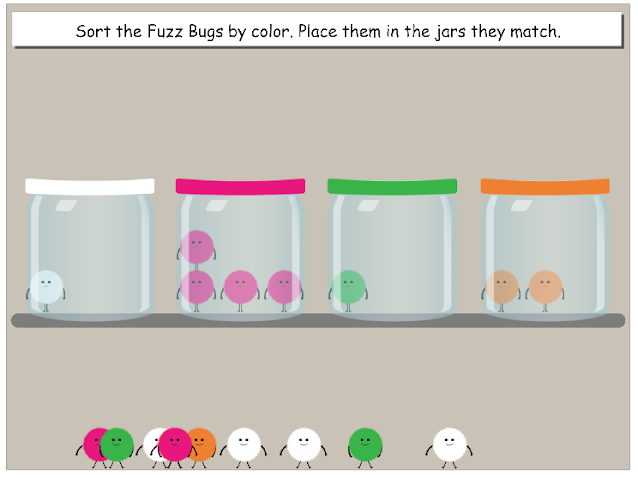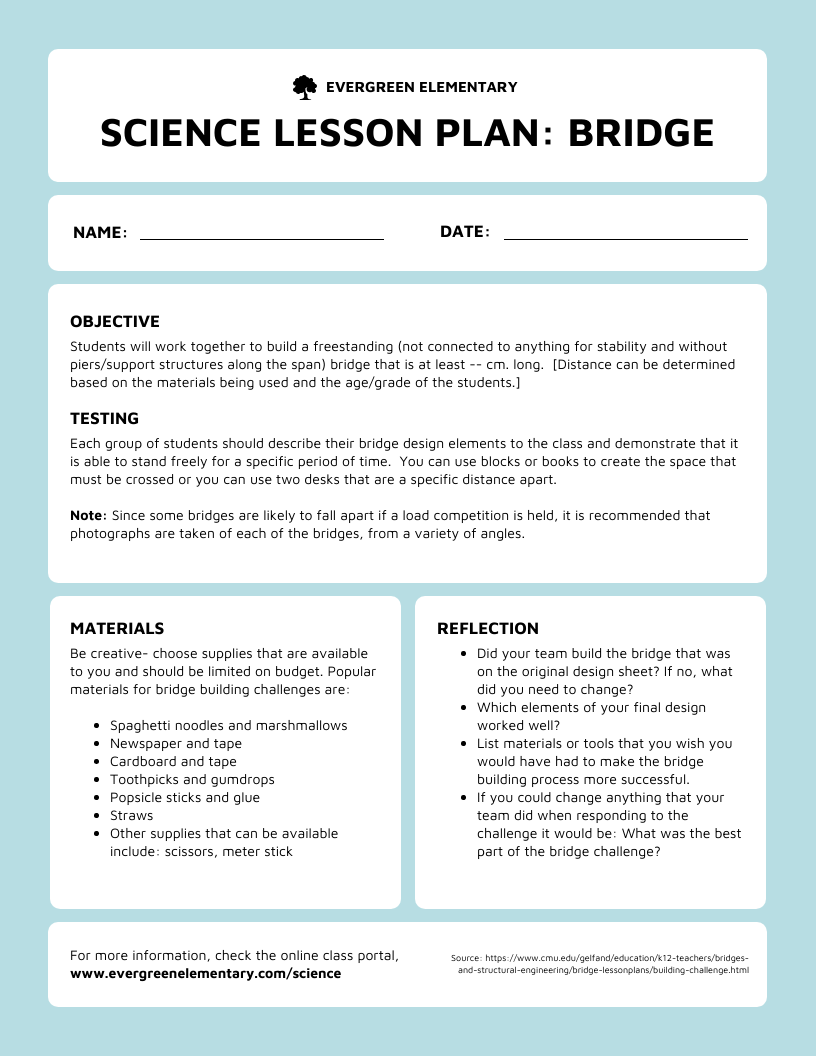
Whether you're planning to attend college, or you already have your degree in hand, there are numerous scholarships available to help you meet the cost of tuition. Scholarships are an excellent way to pay for school or increase your chances in the field you choose.
The state of Illinois offers a variety of scholarships for students pursuing a variety of career paths, including those in health care and education. While most scholarships are for full tuition, many require a strong GPA as well as additional financial need.
Some scholarships are designed specifically for minority students, such as the Golden Apple Scholarship or the Minority Teachers of Illinois scholarship. These awards can help future teachers of Asian, Hispanic, or black descent overcome financial barriers that prevent them from furthering their education.

You should also check out the general grants and scholarships offered by the state government. Although they aren't as well-known as the scholarships, they can be a good starting point for your scholarship search.
The Illinois General Assembly Legislative Scholarship can be used by residents at all state-supported colleges and universities. Each member in the General Assembly of Illinois is permitted to nominate two college-bound candidates to receive a scholarship. This can be for a single, two, three, or four-year period.
The Environmental Career Scholarship offers a $500 scholarship to students in Illinois interested in studying science. You must submit an application with transcripts and financial proof.
The Crystal Charitable Fund grants scholarships to Chicago area youth who wish for their education to go beyond the high school level. They can take part in an internship, study abroad program or a college course. The organization accepts 13--19-year-olds from all backgrounds, including those who are struggling financially and/or have family responsibilities.

Illinois Future Teachers Corps Scholarship Program can provide up to $10,000 per school year to students who are interested in a career as teachers. This program was established to fill a teacher shortage in underserved areas and in certain subject areas, such as science and math.
The scholarship can be used to pay for tuition and living expenses as well as travel expenses. Recipients must not only demonstrate financial need but also agree to teach at a public, private, or intermediate school in Illinois for a specified amount of time.
Numerous national organizations offer scholarships for students interested in Illinois education. A few also offer financial support for nurses and medical training. These programs are very selective and accept only students from certain areas, counties or cities. In some cases, they even have special residency requirements! Before you submit an application, be sure to read the regulations.
FAQ
What is the difference between public and private schools?
All students have the right to free education in public schools. They provide education for students from kindergarten through highschool. Private schools charge tuition fees for each student. They offer education from preschool through college.
Charter schools can also be found, which are privately owned but are not publicly funded. Charter schools are not bound by traditional curricula. Charter schools allow their students to explore what interests them.
Parents who believe that their children should be able to access quality education no matter what their financial situation are fond of charter schools.
What is homeschooling?
Homeschooling is a method of education where children learn at home from their parents. It can also be called homeschooling, self-education and private education.
Family members who want to teach their children at home can opt for homeschooling. This method allows them to receive a quality education without leaving the comfort of their own home.
From birth, parents educate their children until high school. They choose which subjects to study and how long each subject should last. Every subject is taught by the student in his/her own time.
The parents decide when to teach their children. Many schools recommend children attend classes starting at the age of four or five. However, some families prefer to wait until their children are in kindergarten before they start teaching.
Parents can use any number or resources to assist them in learning the curriculum. The lessons can be learned from videos, books and magazines as well as websites.
Many families find that homeschooling is a good fit for their hectic schedules. Parents can spend more time with their children than in traditional public schools.
What factors should I consider when choosing a major?
You should first decide whether you would rather go straight into a profession or go to college first. You should then make a list outlining your talents and interests. It could be reading, listening, watching movies, talking with people, doing chores around the house, and other interests. You can be a singer, dancer, painter, writer, sewer, cook, woodwork, garden, photography, carpentry or auto mechanics. You can use your interests and talents to help you select a major.
If you are interested to be an artist, art history or fine arts might be a good choice. Biology is a great option if you love animals. You might consider pre-medicine or medical tech if you are interested in becoming a doctor. Computer science, computer networking, or computer engineering might interest you if you want a career that involves computers. There are many options. It's important to consider what you would like.
Is it difficult to become a teacher?
A major commitment is required to be a teacher. Your studies will require a lot of your time.
While earning your degree, you should expect to work about 40 hours per săptămână.
In addition, you will need to find a job that fits your schedule. Part-time jobs are difficult to find for students who want to balance school and work.
When you are hired for a full-time job, you will most likely be required to teach classes during the school day. Sometimes, you may need to travel to other schools during the week.
To become an early-childhood educator, do you need to go to college?
However, you may want to think about going to college in order to be prepared for a career in the field.
It is important to remember that it is not easy to become a teacher. Every year, there are many applicants who aren’t accepted to programs. Many people also leave college after only one semester.
To be a teacher, you will need to have strict qualifications.
What's the difference between college and school?
Schools are usually organized into classes (or grades) with a teacher who teaches a group of students. Colleges are larger organizations that offer more specialized programs and often include university-level courses. While schools tend to focus on the basics, colleges can offer courses in a wide range of subjects, including science, language, business, and arts. Both levels offer a variety of subjects to help students prepare for higher level study.
Statistics
- And, within ten years of graduation, 44.1 percent of 1993 humanities graduates had written to public officials, compared to 30.1 percent of STEM majors. (bostonreview.net)
- Among STEM majors, that number is 83.5 percent. (bostonreview.net)
- These institutions can vary according to different contexts.[83] (en.wikipedia.org)
- In most developed countries, a high proportion of the population (up to 50%) now enters higher education at some time in their lives. (en.wikipedia.org)
- Think of the rhetorical power of nineteenth-century abolitionist Harriet Beecher Stowe, Martin Luther King, Jr., or Occupy Wall Street activists with their rallying cry of “we are the 99 percent.” (bostonreview.net)
External Links
How To
How do I apply for scholarships?
Apply for scholarship funding first. The criteria that you must meet to qualify for a scholarship are listed below.
For example, you can receive a grant if you are economically disadvantaged. If you are enrolled in vocational training courses, you may be eligible for a work-study grant. A grant can also be granted if you are part of a minority community.
Once you've determined your eligibility for a specific type of scholarship, it is time to start applying.
Online, in-person, or by phone, you can apply. The application process varies depending on the type of scholarship.
You may be required to write essays on yourself and the reasons you are applying for scholarships. Others may ask questions such as, "Why did your choose this major?"
Most scholarships require applicants to complete an application form and to send supporting documents.
Your scholarship provider may review your information. If you are selected, you will be notified via email or mail.
If you are not chosen, you still might qualify for another scholarship. Contact your scholarship provider for details.